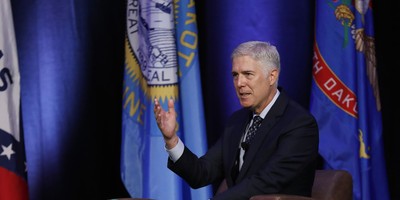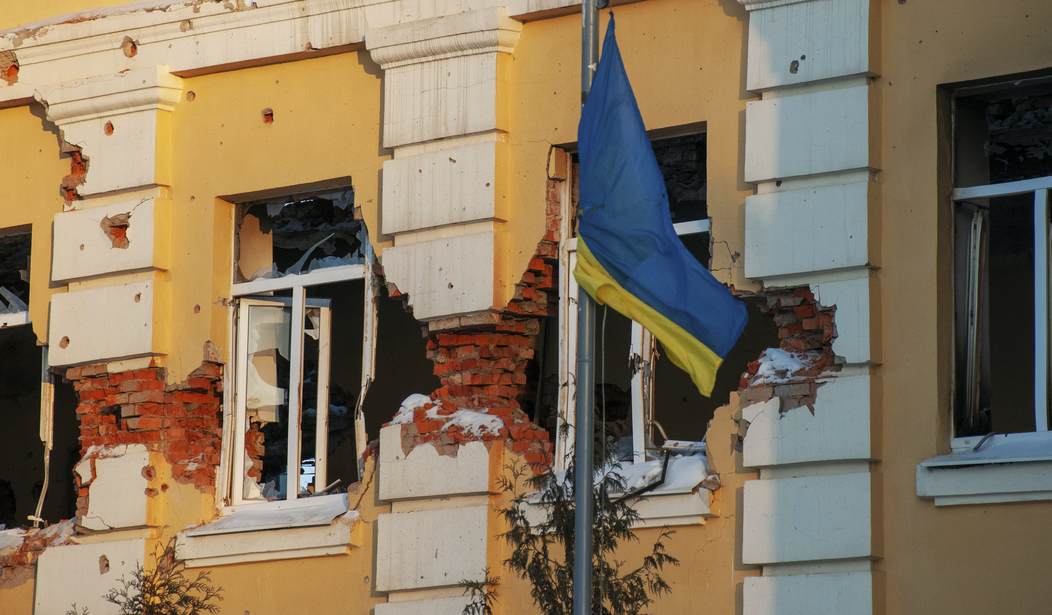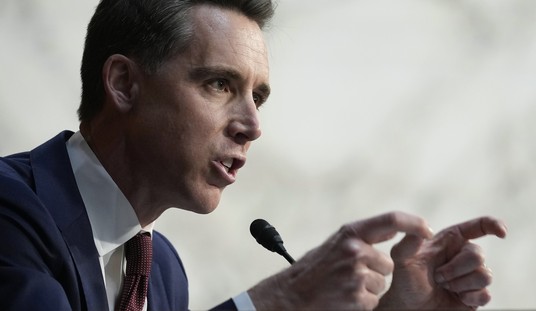On the 24th of February, Russia started an unprovoked full-scale war against Ukraine. As Ukrainians are dying on the battlefield, the petrol prices bring a sense of war to every household globally. On the 8th of March, the U.S. recorded the highest fuel price per gallon of $4.17. European consumers also brace for further increases.
The war in Ukraine has changed policy priorities. The comforts and privileges of the pre-war time, when we could afford to spend countless hours discussing climate change, are gone. Now we have to deal with tangible crises, with the risk of global hunger being the greatest.
Ukraine and Russia are top global exporters of wheat, grain, and various nutrients. Russia, for example, accounts for 6 percent of the U.S.'s potassium imports – second only to Canada. Belarus, now on the brink of new sanctions, also contributes 6 percent. While the U.S. will probably manage to substitute these imports quickly, the search costs and high fuel prices alone will toll food production.
Globally, things look even grimmer. According to the United Nations, the disruption caused by the war could push international food prices by a staggering 22 percent. Food insecurity and malnutrition in the world's poorest countries will consequently also be on the rise. The Center for Global Development has found that the price spike in food and energy will push over 40 million into poverty.
The war has served as a wake-up call for the EU, heavily dependent on Ukraine's grain and Russia's fertilizer imports. Europe has now realized that it can no longer afford its green agriculture plans, once so passionately advocated for. The Farm to Fork (F2F) strategy ambitiously sought to cut the use of pesticides in the EU by 50 percent while increasing organic farming production from 7.5 percent to 25 percent.
Recommended
Ferociously endorsed by green groups, the strategy was also highly costly and hardly climate-friendly. As the world cripples with limited resources, organic farming requires more farmland. To drastically reduce the use of pesticides – without giving farmers an alternative – would be a final nail in the coffin of European food production. Farmers' associations understandably protested, but that wasn't enough to make European policymakers change their minds.
The EU's green agriculture strategy was so expensive that, according to the U.S. Department of Agriculture, its impact "would stretch beyond the EU, driving up worldwide food prices by 9 (EU only adoption) to 89 percent (global adoption)." The said study found that F2F would reduce “agricultural production by 7 to 12% and diminish the EU’s competitiveness in both domestic and export markets.” A more recent 2022 study by Dutch scientists found that production will decline by 10 to 20%, or in some cases 30%. With strategies like this, the world wouldn't need wars to find itself at the end of the cliff.
But, ironically, it took a war to make the EU realize that the F2F was not workable. Less than two weeks into the Ukraine-Russia war, as food prices climbed up and food security was at risk, the strategy got called off. In arguing for the pausing of the F2F, French President Emmanuel Macron said that "Europe cannot afford to produce less."
The EU has convinced itself that green agriculture was the way forward, and it was only a matter of time until the bloc would have started telling the world to go green. Thankfully, the U.S. saw through these intentions and blasted the F2F as "protectionist,” “uncompetitive,” and misguided.” Commenting on F2F, the U.S. Agriculture Secretary Tom Vilsack said, “The world’s got to get fed, and it’s got to get fed in a sustainable way. And we can’t basically sacrifice one for the other.” The EU had a chance to learn that green agriculture is not sustainable earlier if it listened to the U.S. Now, as the global food security crumbles, the bloc is learning it the hard way.
The war in Ukraine is a brutal reminder that our reality remains vulnerable to external shocks, so we should only build food systems that last and stand firm. Green agriculture is not one of them, and it should never be back on the agenda. Not in the EU, or the U.S., not anywhere.
Maria Chaplia is a visiting fellow at Independent Women’s Forum and the Research Manager at the Consumer Choice Center.

























Join the conversation as a VIP Member